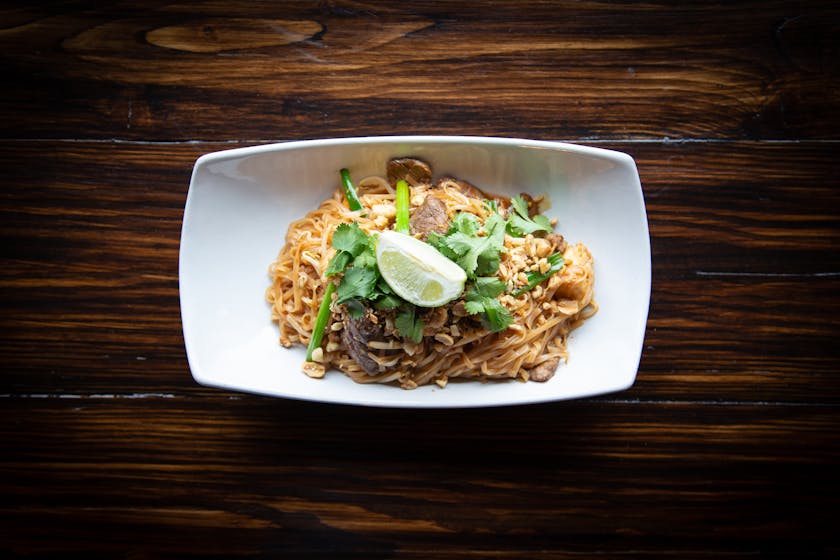When considering bulk meal storage for emergency preparedness, once-a-month cooking can be a lifesaver. In times of uncertainty, having a well-thought-out plan for food security is essential. This comprehensive guide will help you understand how to effectively store meals and ensure your family’s sustenance in case of an emergency.
The Importance of Bulk Meal Storage
In the face of emergencies, whether natural disasters or unforeseen circumstances, one of the first concerns that arise is food availability. Bulk meal storage is not only a practical approach to manage such situations, but it also provides peace of mind. By preparing meals once a month and storing them correctly, you can create a reliable food reserve that can last for extended periods.
Step 1: Planning Your Meals
The first step in once-a-month cooking involves planning. This includes selecting recipes that are nutritious, have a long shelf life, and are easy to prepare in bulk. Focus on staple ingredients like rice, beans, and canned vegetables, which can be easily transformed into a variety of meals.
Step 2: Preparing Your Meals
Once you have your meal plan, the next step is preparation. Cook your dishes as you normally would, ensuring that you follow food safety guidelines. Remember to cool your meals quickly to prevent bacterial growth before storage.
Step 3: Packaging and Labeling
Proper packaging is crucial for bulk meal storage. Use airtight containers or vacuum-sealed bags to prevent freezer burn and extend the shelf life of your meals. Be sure to label each package with the date of preparation and the type of meal.
Step 4: Efficient Storage Techniques
Maximize your storage space by organizing meals according to type and consumption date. Keep an inventory list to track what you have stored, and use a first-in, first-out system to ensure you consume the oldest meals first.
Step 5: Regular Maintenance
Regularly check your stored meals for any signs of spoilage or freezer burn. It’s also essential to rotate your meals every few months to maintain freshness and to test the viability of your long-term storage methods.
Special Considerations for Emergency Preparedness
When storing meals for emergency preparedness, consider the potential lack of electricity. Explore alternative cooking methods such as solar cookers or gas stoves. Also, stock up on non-perishable items that don’t require cooking, like nuts, dried fruits, and energy bars.
Remember, the goal of once-a-month cooking is not just to save time but also to ensure that you have a sustainable food supply in case of emergencies. By following these steps, you can build a comprehensive bulk meal storage system that will support you and your family when it matters most.
With careful planning and execution, once-a-month cooking can play a pivotal role in your emergency preparedness strategy, offering convenience and security in times of need.




